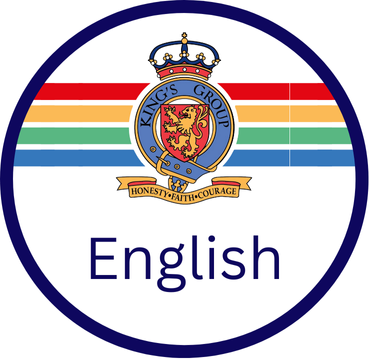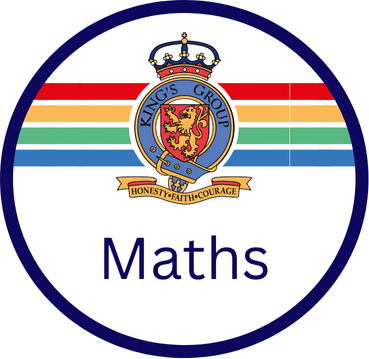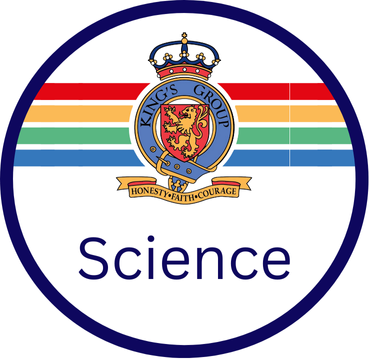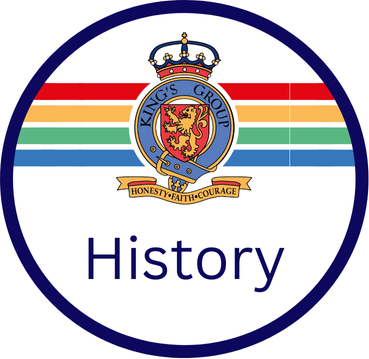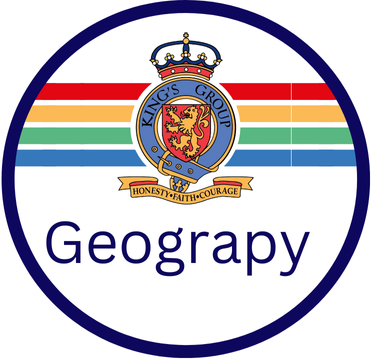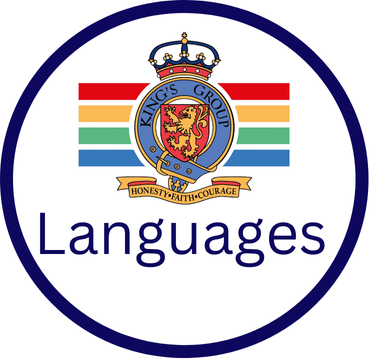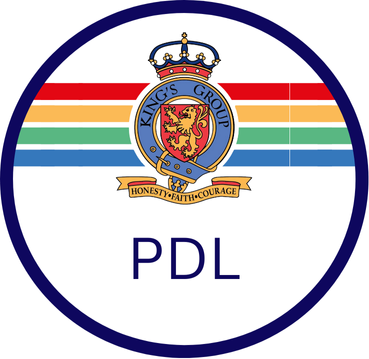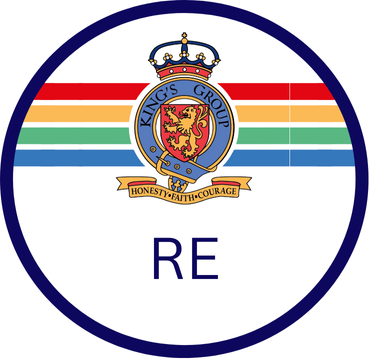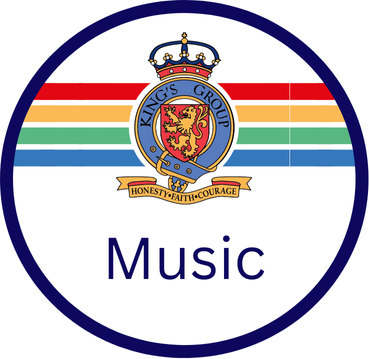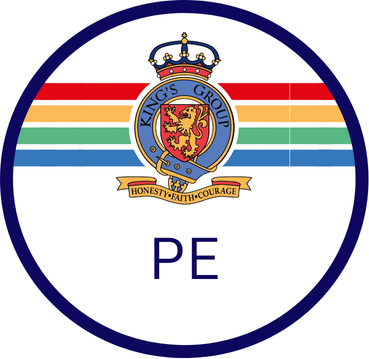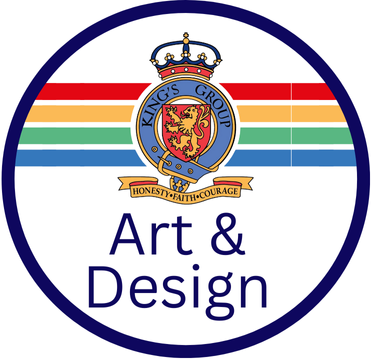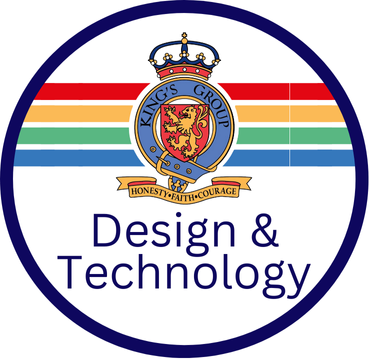Curriculum
At Kings Academy Northern Parade, our curriculum is rich, engaging, and designed to ignite a lifelong love of learning. Rooted in core skills while celebrating creativity and curiosity, we provide every child with the knowledge and experiences they need to thrive. Through a broad and balanced approach, we nurture confident, independent learners ready to take on the world.

